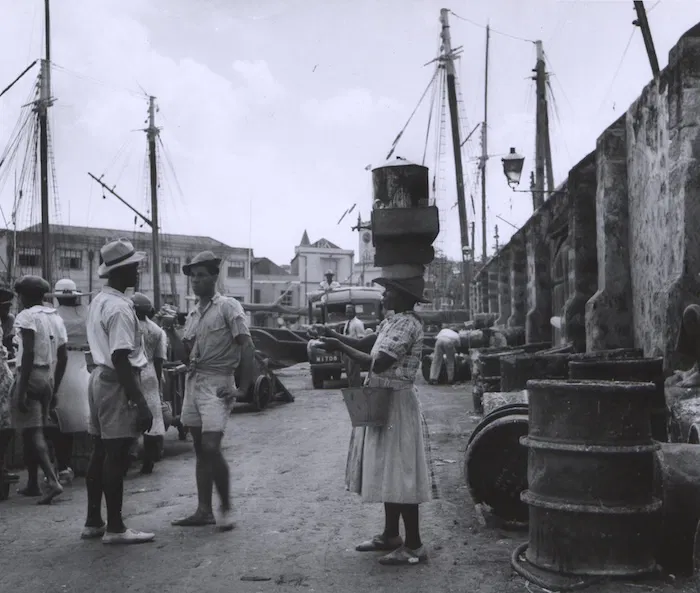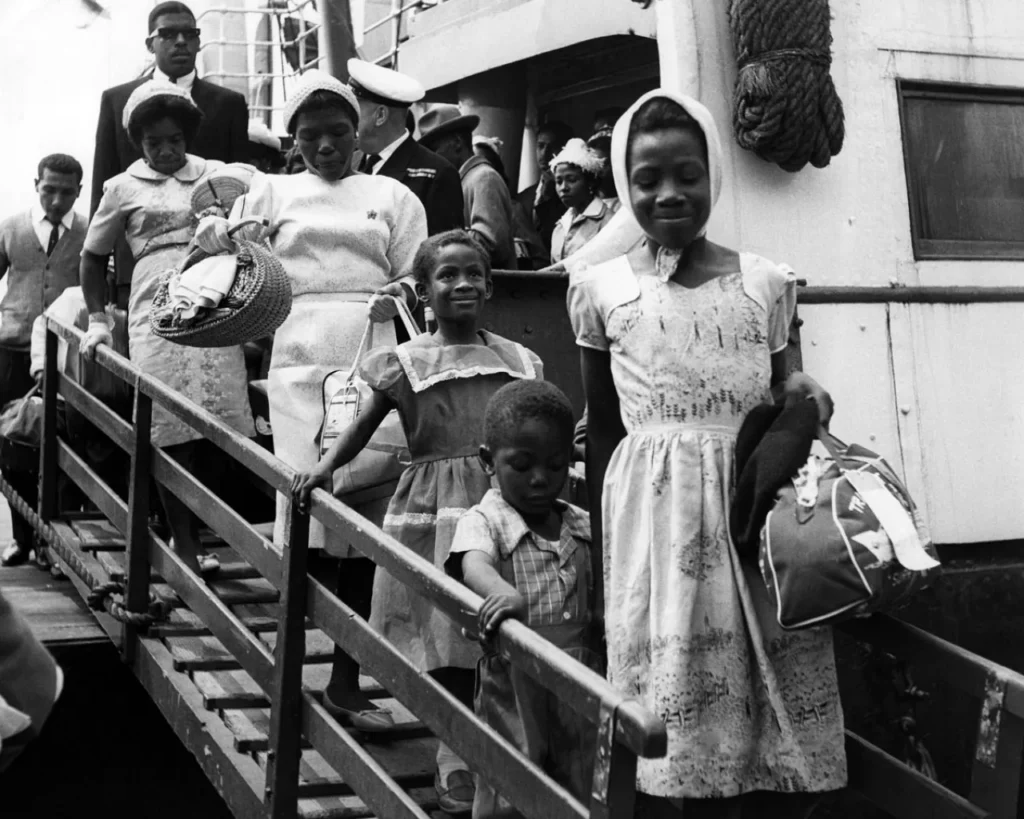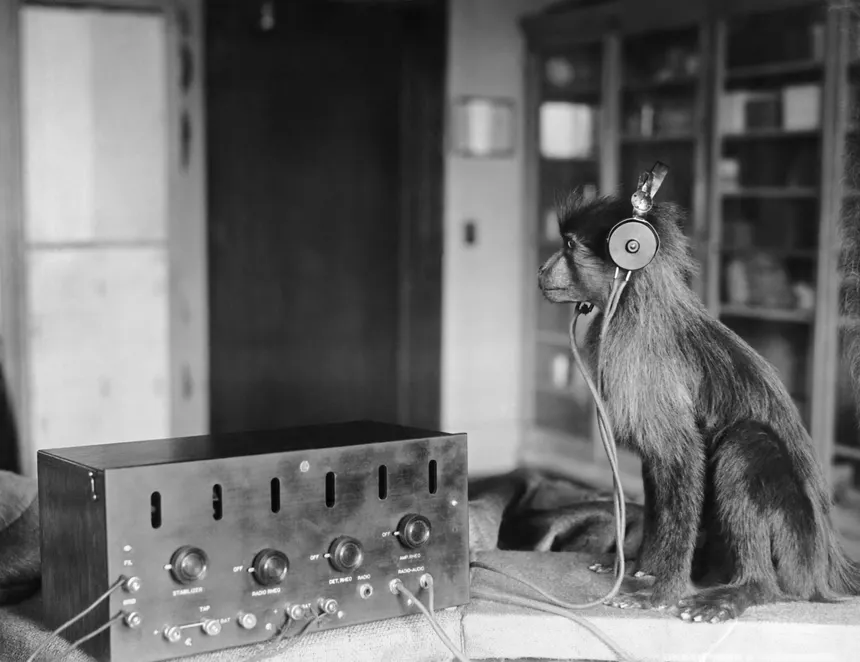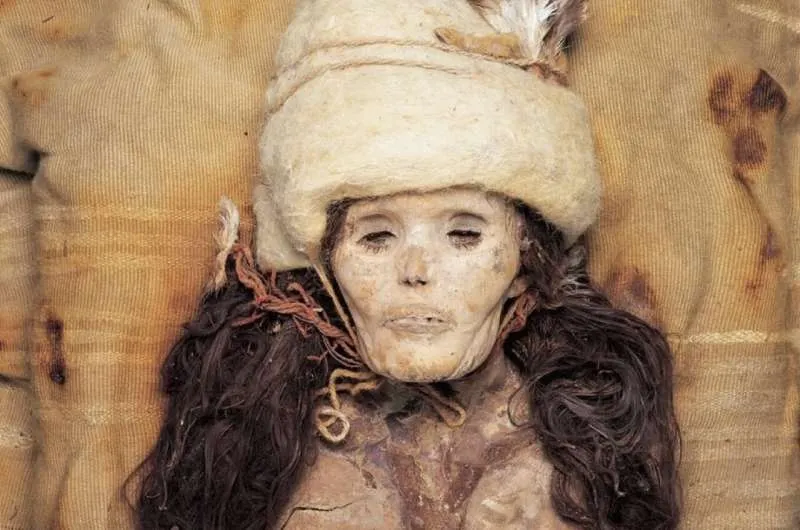Britain’s Forgotten Caribbean Citizens: The Untold Legacy of the Windrush Generation and Beyond

The history of Caribbean migration to Britain is a story of resilience, contribution, and injustice. While many associate Caribbean migrants with the post-World War II Windrush Generation, the relationship between Britain and its Caribbean citizens is centuries old, rooted in the legacies of empire, slavery, and colonialism. Despite their crucial role in shaping modern Britain, many Caribbean Britons have been marginalized, overlooked, or even mistreated—most notably in the Windrush scandal. This article explores the historical roots, contributions, and systemic neglect faced by Britain’s Caribbean citizens.
Roots in Empire: Colonialism and Slavery
Britain’s relationship with the Caribbean began in the 17th century, when it established colonies in islands such as Jamaica, Barbados, Trinidad, and others. These colonies became central to the British Empire’s wealth through the transatlantic slave trade, in which millions of Africans were enslaved and forced to work on sugar plantations.
By the 19th century, although slavery was abolished in the British Empire (1833), economic and social structures continued to marginalize Caribbean people. British colonial rule shaped educational, political, and cultural systems in the Caribbean for over three centuries, fostering both loyalty to the Crown and a complex postcolonial identity.
The Windrush Generation and Migration to Britain
After World War II, Britain faced labor shortages and encouraged citizens from across the Empire to migrate and help rebuild the nation. On June 22, 1948, the HMT Empire Windrush arrived at Tilbury Docks carrying 492 Caribbean passengers from Jamaica—marking the beginning of what became known as the Windrush Generation.
Between 1948 and the early 1970s, tens of thousands of people from the Caribbean migrated to Britain under the British Nationality Act 1948, which gave all citizens of the Commonwealth the right to settle in the UK.
They worked in essential sectors:
- Transport (buses, railways)
- NHS (nurses, hospital workers)
- Construction and manufacturing
Despite their contributions, they faced racism, housing discrimination, and exclusion from British society. Signs saying “No Blacks, No Dogs, No Irish” were commonplace. Caribbean citizens often endured low wages, poor living conditions, and societal rejection.
Cultural Contributions and Identity
Despite adversity, Caribbean Britons enriched Britain’s cultural, musical, and political life:
- Music: Genres like reggae, ska, calypso, and later grime have roots in Caribbean culture.
- Carnival: The Notting Hill Carnival in London, which began in 1959, became a vibrant expression of Caribbean culture and resistance to racism.
- Politics and Civil Rights: Leaders like Darcus Howe, Claudia Jones, and others campaigned for racial justice and equality.
- Literature and Art: Writers such as Sam Selvon, Andrea Levy, and Linton Kwesi Johnson articulated the diaspora experience.

The Windrush Scandal
One of the most egregious betrayals came decades later. In 2012, under the UK government’s “hostile environment” immigration policy, many long-standing Caribbean residents were wrongly detained, denied healthcare, or even deported—despite having legally lived in the UK for decades.
This became known as the Windrush Scandal, which erupted publicly in 2018. Victims included people who arrived as children, had worked and paid taxes for decades, but were told they lacked documentation proving their right to remain.
The scandal prompted:
- Government apologies
- The resignation of Home Secretary Amber Rudd
- Investigations revealing systemic failures and deep racial bias
However, many victims remain uncompensated, and the scandal exposed how quickly Caribbean citizens were rendered invisible despite their historical contributions.
The Ongoing Struggle for Recognition
Today, the descendants of Caribbean migrants continue to face challenges:
- Institutional racism
- Underrepresentation in leadership roles
- Disparities in health, education, and employment
Nevertheless, Black Caribbean Britons have played vital roles in the UK’s growth and diversity. Movements like Black Lives Matter UK, annual Windrush Day (June 22), and renewed interest in British colonial history are helping raise awareness and demand justice.
Summary
Britain’s Caribbean citizens have long been builders of the nation—in body, spirit, and culture. From enslaved laborers to post-war migrants, their journey is one of strength and sacrifice. Yet, their stories have too often been erased, ignored, or distorted. Recognizing this forgotten legacy is essential to understanding the true fabric of British history and forging a more inclusive future.
Britain must reckon with its imperial past not only through apology, but through education, reparation, and representation—ensuring the voices of its Caribbean citizens are never forgotten again.





